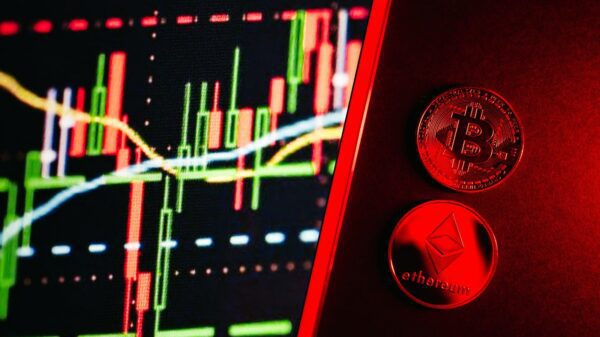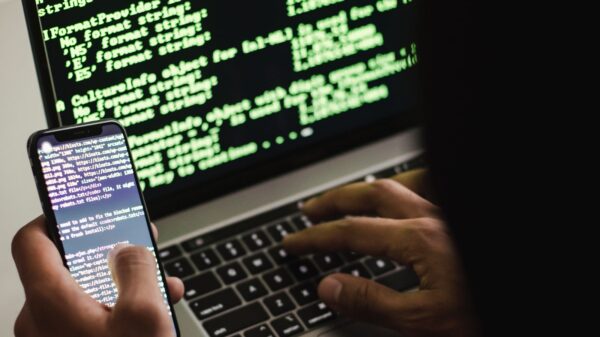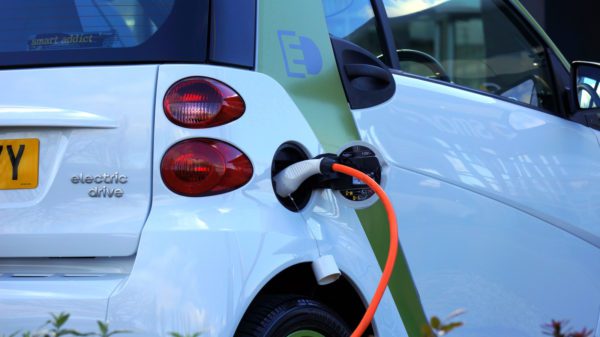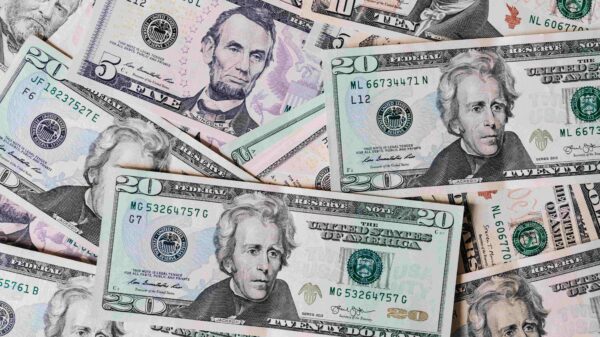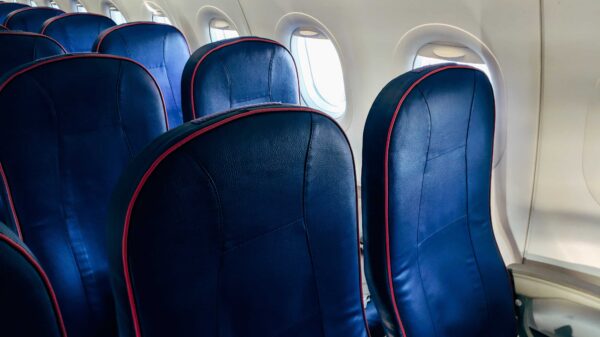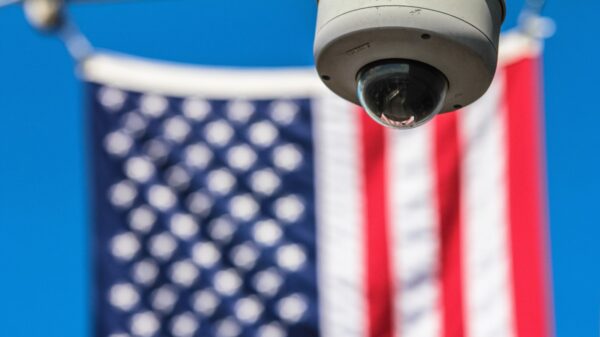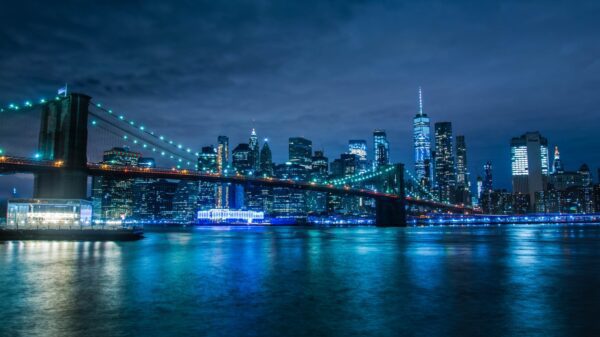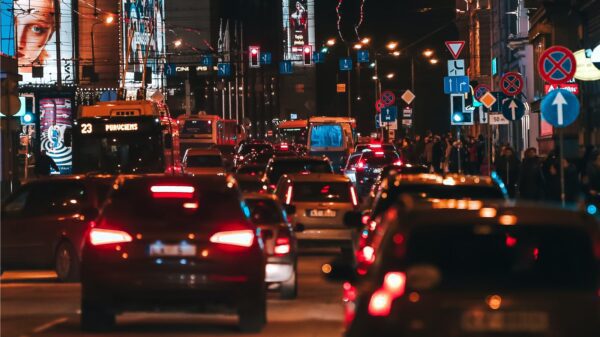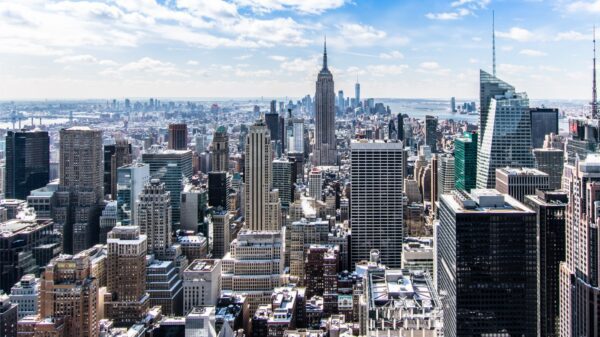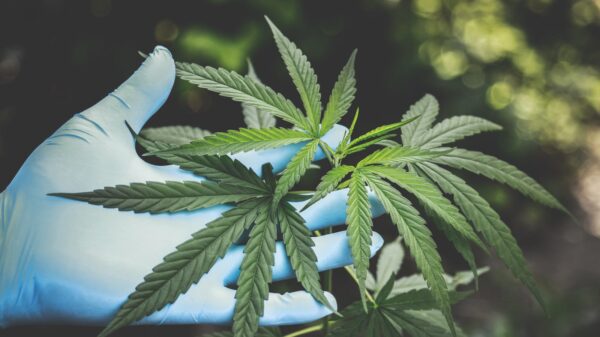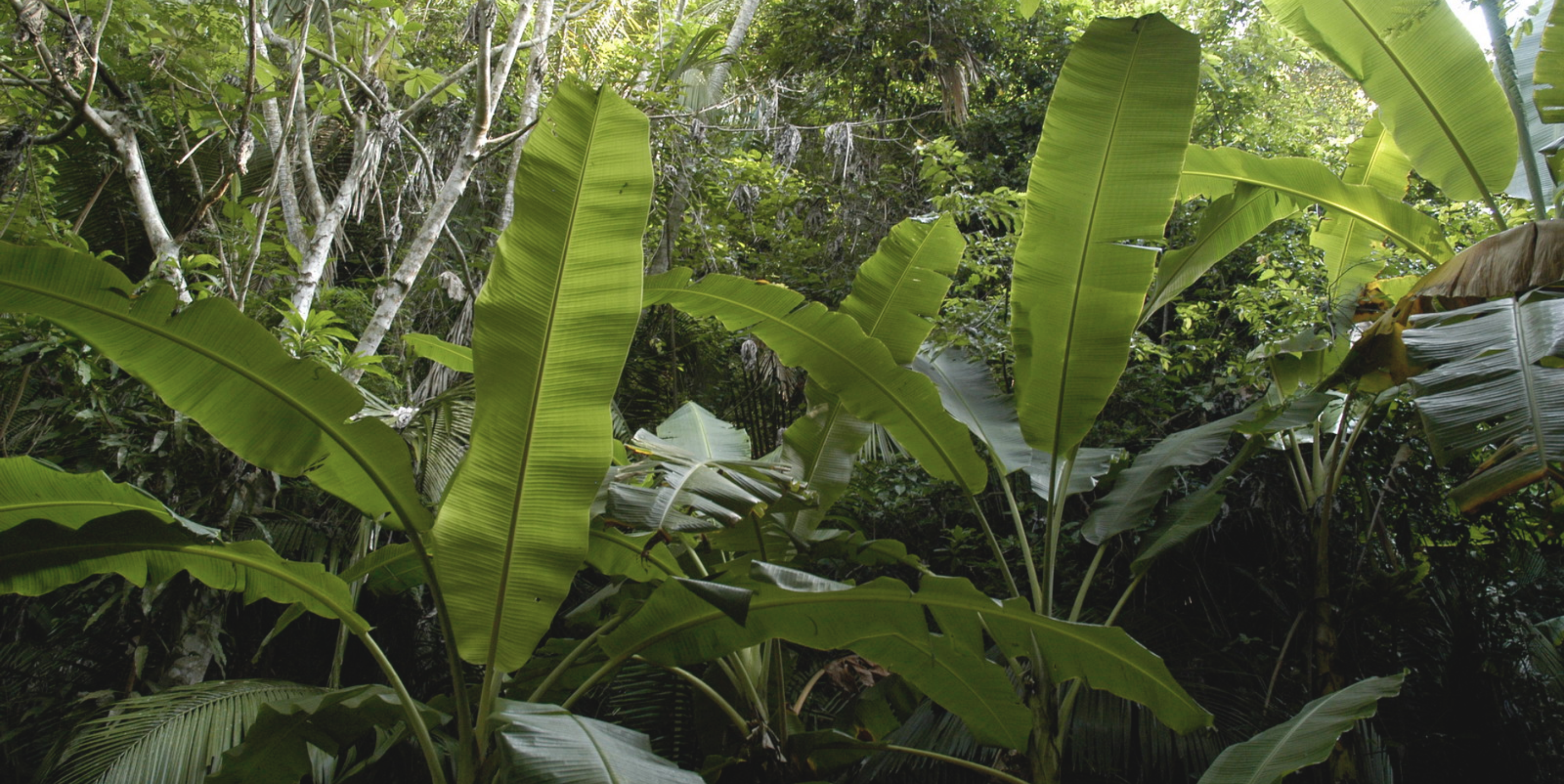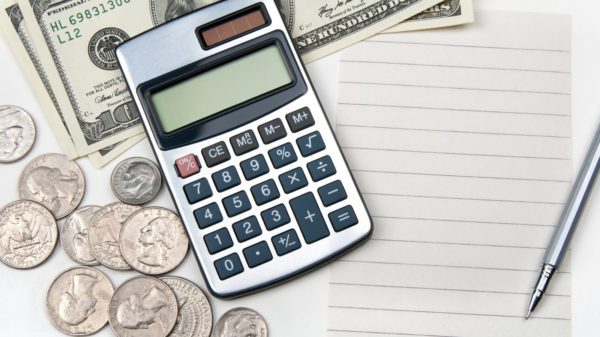Oh, to be the median Florida voter this past November. In this quintessential swing state, a multiethnic mix of city liberals, southern conservatives, immigrants, retirees, college students and everyone in between play a constant game of electoral tug-of-war. In a logical world, the presence of so many coalitions would produce a political culture where candidates strive towards the center to broaden their appeal. Alas, America these days is far from logical. The 2018 Florida gubernatorial election was a master class in extremes. It pitted Ron DeSantis, the Hannity-loving congressman (and my college classmate) who so wrapped himself in the banner of Trump that he aired an ad in which he taught his small children to build a wall and read them passages from “Art of the Deal”; against Andrew Gillum, the progressive mayor of Tallahassee whose platform of Medicare for All, abolish ICE, higher taxes, and a $15 minimum wage seemed ripped from the pages of Democratic Socialism (though Gillum does not identify as such). What was your average middle-of-the-roader to do? By 0.5 percent, voters deemed DeSantis the lesser of two evils.
It’s no secret that America’s political divisions are widening. An election like Florida’s aggravates voter cynicism. Little wonder that support for democracy is waning, particularly among the young, thanks in part to a system that produces extreme candidates that do not reflect the median voter. The longest-ever government shutdown has only deepened the disgust. Books have been written about how we arrived at this point (I recommend “The Red and the Blue” by Steve Kornacki), but amidst these debates, a spotlight must be shined on our primary system. While the primary system is not the cause of our current state of disunion, it has most certainly enabled it, and allowed extreme partisan politics to grow unchecked. Fortunately, there are a few simple tweaks that can help reset our primary system, at least at the state and local level, and go a long way towards restoring our faith in democracy. (Adjusting the national primary system is more complex, and beyond the scope of this piece).
The current primary system polarizes the electorate by limiting the voting pool to a single party’s registered voters. Because moderates might be registered to either major party, the makeup of the voting pool renders appealing to partisan voters as the reliable, low-risk option. Further, because primaries generally have lower turnouts than general elections, party activists are disproportionately represented. This structure is primed to produce outcomes with the likes of DeSantis and Gillum. Centrist candidates are penalized, and have less incentive to even run.
The solution lies in nonpartisan primaries, whereby all candidates are on one ballot, irrespective of party. The top two finishers proceed to the general election. This is the so-called “jungle primary,” devised in Louisiana in 1975, and since rolled out with small variations in Washington State (2004) and California (2010). There are numerous reasons why this system is superior to the closed party primary system that predominates elsewhere.
It favors moderates. The jungle primary’s biggest advantage is that it pulls and pushes candidates towards the center. Candidates are pulled to the middle by necessity, as they now need to appeal to all voters, and not just the ones with whom they have most in common. They can also afford to push away from the fringe because they no longer need to depend on the votes of their party’s most extreme elements. And the activists from left and right who typically skew the outcome of closed primaries? They cancel themselves out, and are further diminished by the influx of moderate voters.
It removes bad incentives. As described above, moderate candidates have the added burden of politicking and triangulating their way through fringe-heavy primaries, to make it to a general election with a more favorable voter makeup. In 2012, an aide to Mitt Romney was caught flat-footed, admitting what most everyone knows anyway: that after winning a primary, a moderate must reset positions “like an etch-a-sketch” to prepare for the general electorate. A jungle primary eliminates this awkward reality, and allows people like Romney to be their true selves all the way through.
An additional bad incentive that the jungle primary eliminates is “party raiding.” This happens when voters in one of the 15 states with open primaries (in which a voter, regardless of registration, can choose to vote in either party primary) votes in the opposing party’s primary for the sole purpose of wreaking havoc. In 2008, Rush Limbaugh called for Republicans to engage in “Operation Chaos,” by voting for Hillary Clinton over Barack Obama when it appeared that Obama was close to sowing up the nomination. Limbaugh schemed that dragging out the Democratic primary would divide the party and weaken Obama in the general.
It drowns out special interests. Expanding the primary voting pool has the additional benefit of diluting the power of special interests. More voters mean a lower percentage of people who care about a particular interest, and a greater financial cost for that interest to advertise. Fewer special interests mean more politicians can be truly independent. Can there be any more ringing endorsement of the jungle primary (or any proposal, for that matter) than the fact that when it was first introduced in California, it was roundly hated by both major parties while being favored by 60 percent of the voting public?
It gives minorities a stronger voice. A minority party or group that may typically be overlooked in a general election, can now play kingmaker. Take deep blue California, where the top two vote-getters in any statewide primary are bound to be Democrats. Republicans — who comprise around one third of the electorate — suddenly have power to sway an election. In the 2016 California Senate general election, the moderate Loretta Sanchez actively courted Republican voters in her race against Kamala Harris. While Harris ultimately cruised to a double-digit victory, Republican voters enjoyed a moment of relevance that was only possible from a jungle primary. Harris’s victory can be partially attributed to the substantial number of Republicans who stayed at home. It was the first time in the short history of the California jungle primary that an open seat was competitive, and Republicans did not fully realize their power. However, what this race did was create a blueprint for how marginal groups that otherwise have no impact in a general election, can suddenly play an important role.
It empowers third parties. Americans are frustrated with our two-party system, and the cartel-like duopoly that Democrats and Republicans maintain. Single-party primaries horde public and media attention, and deny oxygen to credible third party challengers. Putting all candidates on a single primary ballot removes a significant barrier to entry for third parties, because voters can now consider them on equal footing with the major parties, and earlier in the election cycle. Greater media coverage ensues. More political competition can only be good for America, even if to force the major two players to be more responsive. This ties into the next reason:
It maximizes voter choice, while encouraging voters to focus on the person, not the party. Let primary voting reflect our free market economy! There are many circumstances in which a voter’s preferred candidate may be running on the ticket of a different party. But by limiting voter choice to one’s own party candidates, the system reinforces the dangerous notion that political affiliations are sacrosanct, even tribal. This mindset — of party as tribe — is toxic, and at the root of many of our divisions. The freedom to choose any candidate irrespective of party liberates voters to focus on the person, and not the label. This facilitates a true free market of ideas, which is the most American thing of all.
As the current system facilitates the push of both mainstream parties to the fringe, it’s little wonder that a centrist like Howard Schultz would enter the 2020 presidential race. But with a lengthy Democratic primary that will consume all media attention, Schultz has little chance of success — which is exactly how both mainstream parties want it. What will be the tipping point for the public to wise to the anti-competitive mechanism that is enshrining two-party dominance, and demand its reform? Will it be having to choose between a climate denier and a multi-trillion dollar Green New Deal? Whatever it is, hopefully it comes soon, because our democracy hangs in the balance.



